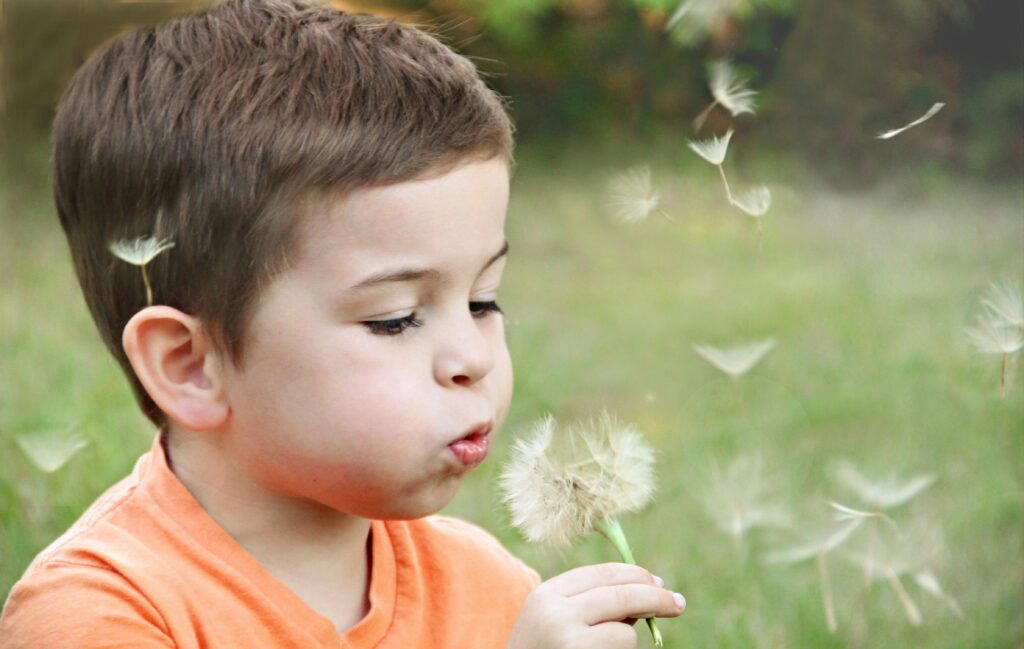✅ Suggested URL:
www.drmoodylifestyle.com/10-habits-to-never-ignore-in-kids-at-home
When it comes to raising children, certain behaviors are more than just “phases.” 10 habits to never ignore in kids at home can be early indicators of emotional, social, or developmental challenges. As parents or grandparents, noticing these habits early can make all the difference in your child’s future wellbeing.
Let’s explore these red-flag habits and what you can do about them—plus bonus tips for navigating adult child relationships.

10 Habits to Never Ignore in Kids at Home
1. Sudden Silence or Withdrawal
If your once-chatty child suddenly goes quiet or starts isolating themselves, don’t dismiss it. This could be a sign of anxiety, bullying, or emotional overwhelm.
Pro Tip: Open communication lines. Ask questions like, “You’ve been quiet lately—anything on your mind?”
2. Aggressive Outbursts
While occasional tantrums are normal, frequent angry outbursts may signal frustration or an inability to process emotions.
Action Tip: Avoid reacting with anger. Instead, help your child name their feelings: “Are you feeling frustrated because…?”
3. Excessive Screen Time Obsession
Digital addiction is real. If a child becomes irritable when screen time ends, or constantly chooses devices over play, it’s a concern.
Solution: Set healthy screen-time limits. Balance tech with outdoor play and real-world connections.
4. Sleep Disruptions
Frequent nightmares or insomnia in kids can indicate anxiety or trauma. Children may not know how to express their fears.
Watch for: Night waking, bedwetting, or refusing to sleep alone.
5. Regression in Behavior
If your potty-trained child starts having accidents, or reverts to baby talk, this could be a coping mechanism for stress.
Don’t scold. Instead, assess what might have changed in their life—new sibling? School trouble?
6. Hyper Perfectionism
Does your child melt down over small mistakes or constantly seek approval? These might be early signs of anxiety or fear of failure.
Encouraging phrase: “It’s okay to make mistakes—that’s how we learn.”
7. Sudden Drop in Grades
Academic slumps aren’t always laziness. Sometimes, they’re a cry for help.
Check in with both your child and their teacher. Address learning difficulties or peer problems early.
8. Frequent Physical Complaints
Complaints like stomach aches or headaches with no medical cause may be anxiety expressing itself physically.
Respond gently. Don’t brush it off as “drama.”
9. Lying or Hiding Behavior
Chronic lying may suggest fear of punishment or low self-esteem.
Rather than punish, create a safe space for honesty by saying: “I’m proud of you for telling the truth, even if it was hard.”
10. Obsessive or Repetitive Behaviors
Unusual fixations, rituals, or obsessive tendencies may require professional evaluation.
Consult a child psychologist if behaviors interfere with daily life.
🚫 5 Phrases a Child Psychologist Is Begging Parents and Grandparents to Stop Saying
Words shape a child’s identity. Here are 5 damaging phrases experts advise replacing:
- “You’re so dramatic.”
- Minimizes emotions. Say instead: “I see you’re really upset. Let’s talk.”
- “Because I said so!”
- Blocks reasoning. Try: “Let me explain why this rule exists…”
- “You never do anything right.”
- Kills confidence. Say: “I know you tried, let’s do it together next time.”
- “Stop crying or I’ll give you something to cry about.”
- Dismisses real emotions. Say: “It’s okay to cry. I’m here.”
- “Big boys/girls don’t cry.”
- Reinforces emotional repression. Better: “Everyone feels sad sometimes.”
❤️ How to Show Love to Your Adult Child

Love doesn’t stop when they turn 18. In fact, adult children often crave your presence, encouragement, and belief in them.
- Respect boundaries without becoming distant.
- Say “I’m proud of you” often, especially when they’re struggling.
- Offer help, not judgment.
- Be consistent and available.
🧠 What to Say to a Struggling Adult Child
Here’s how to support without overwhelming:
- “I believe in you.”
- “I don’t have all the answers, but I’m here to listen.”
- “It’s okay to not be okay.”
- “Would you like advice or just someone to listen?”
- “You’re not alone, and we’ll get through this together.”
✉️ Message to My Adult Children
“No matter how old you grow, you’ll always be my child. I’m proud of who you are becoming. I’ll always be here for you—not to control, but to support you.”
📜 Spending Time with Adult Children Quotes
“To spend time with your adult children is to touch the future with the heart of your past.”
— Unknown
“They may not need your guidance like before, but they’ll always need your love.”
— Family Proverb
👪 Final Thoughts
Recognizing the 10 habits to never ignore in kids at home gives you the power to raise emotionally healthy, confident children. And as they grow, the same attention, love, and respect must evolve—but never disappear. Whether you’re dealing with toddlers or adult children, your words, actions, and presence still matter more than anything.
🙋♀️ Frequently Asked Questions
1. Why is it important to recognize early habits in children?
Recognizing early habits like withdrawal, aggression, or sleep issues helps parents identify emotional or developmental problems before they worsen. Early support can greatly improve a child’s long-term mental health and behavior.
2. What should I do if my child shows more than one red-flag habit?
If your child is showing multiple concerning habits at once—such as isolation, lying, and sudden academic drop—it’s best to consult a child psychologist or pediatrician. Early intervention is key to effective treatment and support.
3. How can I improve my relationship with my adult child?
Start by respecting their independence, listening without judgment, and offering emotional support instead of control. Saying things like, “I’m here when you need me,” and spending intentional time together can strengthen your bond.
✅ Target Keywords:
- 10 habits to never ignore in kids at home
- signs of emotional distress in children
- phrases to never say to kids
- how to show love to your adult child
- what to say to a struggling adult child
- parenting advice for grandparents
- message to adult children
- spending time with adult children quotes
- child psychologist advice


